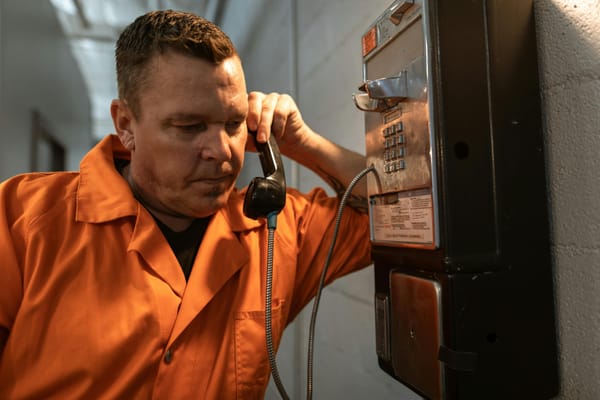Republicans on Big Tech USF Contribution, Permanent Broadband Solution After Covid, Mobile Mayo Clinic
Republicans on Big Tech pay into USF, leaders press for long-term digital divide solution, Mayo Clinic’s mobile WiFi clinic.

June 29, 2021– Key Republicans commented Monday on a proposal to tax Big Tech to help pay for internet subsidy programs, Axios reported.
Americans pay a fee on their phone bills that goes into the Federal Communications Commission’s Universal Service Fund (USF), which is used for broadband subsidy programs that bring basic telecommunications services to rural areas, schools, libraries, and hospitals.
Debate has been raging about how to sustain the fund because its money base is reliant on voice revenues that have been decreasing over the years. In an op-ed earlier this month, FCC Commissioner Brendan Carr suggested big technology companies that benefit from the internet should pay into the fund.
GOP Minority Leader Kevin McCarthy, R-California, called the proposal “thought-provoking” on Monday, according to Axios. His office noted that video streaming accounts for more than 50 percent of web traffic and online advertising is a $100 billion-a-year industry, Axios reported.
Top Republican on the Commerce Committee, Sen. Roger Wicker of Mississippi, said he thinks Congress should explore the idea, his office told Axios. Similarly, Washington Rep. Cathy McMorris Rodgers, ranking Republican on the House Energy & Commerce Committee, thinks all options should be on the table, her office said.
On the other side, President Dane Snowden of The Internet Association, a trade group that includes Amazon, Facebook, Google, and Apple, said in a statement, “We hope the FCC will take a common-sense approach and not punish innovative, high-quality streaming services that are fulfilling consumer demand.”
Acting FCC Chairwoman Jessica Rosenworcel called the idea “intriguing” and that the FCC should be open to new ideas, but said Congress would need to take action.
Social justice leaders press for permanent solution to digital divide
The Internet Innovation Alliance launched a “Connected Roundtable” this month and pushed for the government to formulate a permanent plan to bridge the digital divide beyond the current short-term pandemic programs.
The group said there should be a permanent broadband subsidy to help low-income families afford broadband service, even after the Emergency Broadband Benefit runs out.
“There’s a window of opportunity while the Emergency Broadband Benefit is available to design a permanent broadband benefit that will keep low-income folks connected once the program ends,” said Joi Chaney, executive director of the National Urban League’s Washington Bureau. “Now is the time—while policymakers are acutely aware of the plight of the disconnected—to solve both rural and urban problems contributing to the digital divide.”
Dominique Harrison, director of technology policy for the Joint Center for Political and Economic Studies, said “With a subsidy amount of just $9.25 per month, some low-income families have to prioritize food and utilities over broadband and could never afford to be online—it’s time to boost the benefit.”
Mayo Clinic unveils new mobile health clinic
The Mayo Clinic unveiled a new mobile health clinic in the state of Minnesota on Monday.
The clinic has been set up to offer high-speed internet connections for patients in the rural area to access online services, do expressive care online, or participate in video visits with their providers within the Mayo Health community.
The mobile clinic includes two exam rooms and an onsite laboratory that will travel to communities across southern Minnesota. The clinic is designed for in-person visits and virtual care via onsite telehealth equipment.
The Mayo Clinic said it hopes this clinic will benefit communities by providing services including vaccinations, pediatrics, preventative services, and a variety of other options for virtual patients.










